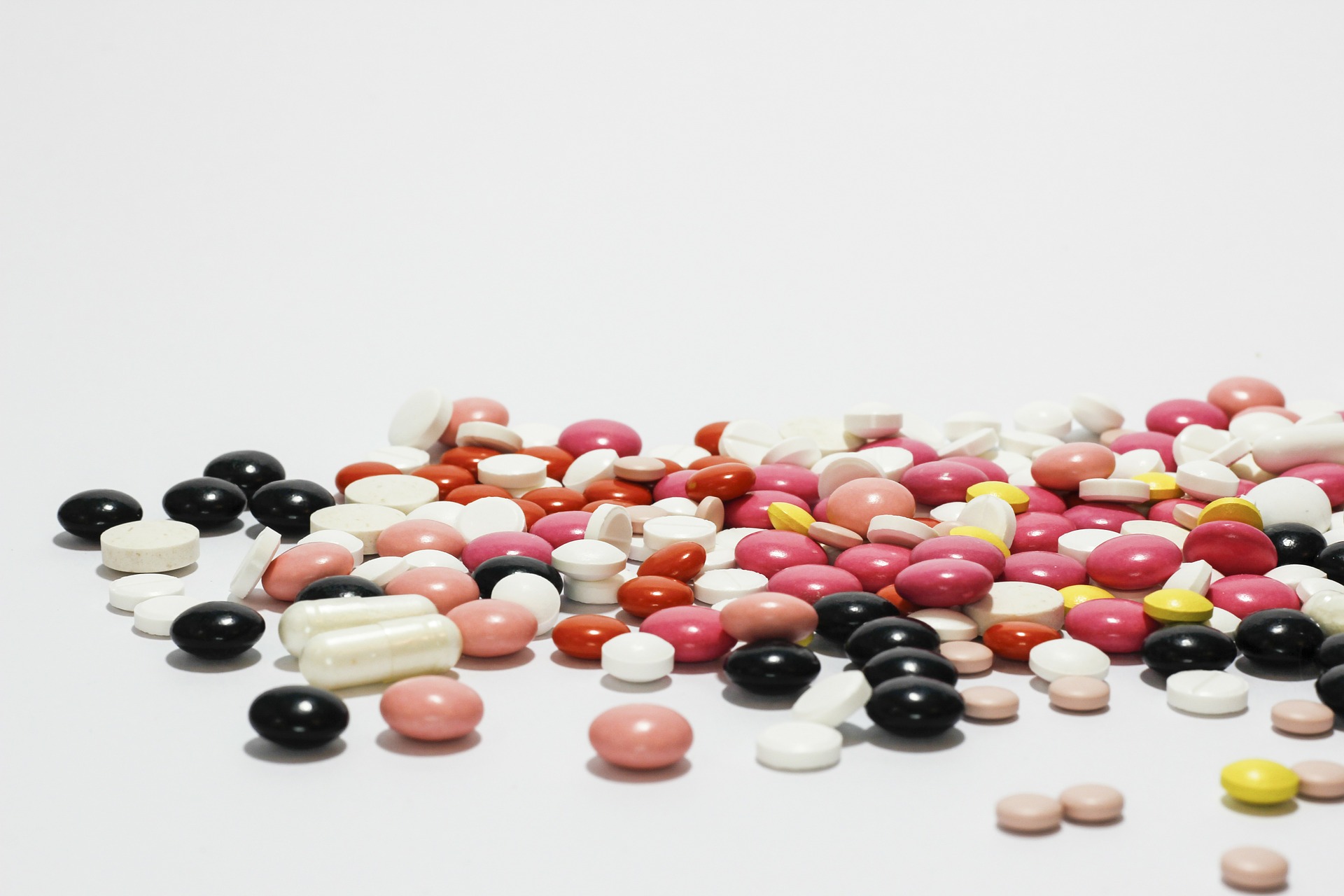 Microbiology
Microbiology
When gut bacteria spoil drug treatment
In many cases, doctors do not know why one patient responds well to a drug, while another experiences significant side effects for the same drug. We found that bacteria living in the gut can be partially responsible for such differences: they can break down certain drugs to small molecules that cause serious complications during drug therapy.

Therapeutic drugs are an important pillar of modern health care and often crucial for the treatment of patients. Besides their desired effects to cure diseases, drugs can also cause unwanted side effects, which often occur only in some patients. The causes of these side effects often remain unknown due to their complex nature involving many chemical processes breaking down the drug inside the body. This makes it difficult to predict which patients will experience drug side effects and challenging to find the right drug and dose for the right patient.
Human physiology is not determined solely by human genes: our body also harbors communities of bacteria at different sites, such as the skin, mouth, and intestine, collectively called the microbiome. These bacteria play essential roles in human health and disease, including the production of vitamins, digestion of nutrients that we cannot digest ourselves, and protection from intruder bacteria that could make us sick. Remarkably, there are hundreds of different types of bacteria living in the human body, and their composition varies greatly between individuals, which influences interpersonal differences in body physiology. We wondered if microbiome differences could also impact drug response.
To study whether the microbiome can influence drug metabolism, we focused on the antiviral drug brivudine, which is known to be broken down into a molecule that is harmful to the liver. Previously, human liver cells have been reported to be able to perform this breakdown reaction. Using test tubes mimicking the intestinal environment, we tested different bacterial types isolated from the human gut for their ability to transform the drug into the harmful molecule. In this experiment, we identified a common gut bacterium that is capable of breaking down the drug, and the bacterial gene responsible for this reaction. Next, we were interested in quantifying the contribution of the gut bacteria and its mammalian host to the levels of this breakdown product measured in the blood. We administered an oral dose of the drug to two groups of mice that differed only by the ability of their gut bacteria to transform the drug. We measured the levels of the drug and the drug break-down product in the intestine and the blood of these animals and found much lower levels of the harmful break-down product in mice with the drug-metabolism deficient gut bacteria. Using these data, we developed a mathematical model to describe drug metabolism processes in the body and to quantify host and microbiome contributions to the formation of the harmful molecule.
With the help of this computational model, we found that the microbiome contributes more than 70% of the harmful molecule circulating in the body, which substantially increased its toxic effect in the liver. In addition, we performed independent experiments with two other drugs, the antiviral drug sorivudine and the anti-anxiety drug clonazepam, and used the mathematical model to quantify the bacterial contribution to their break-down products. Remarkably, in both cases, microbial contribution to circulating drug metabolites in the blood was >60%, even though host cells were also capable of breaking down the drugs. These results clearly demonstrate that the bacteria in our gut can influence drug response, in particular, the formation of drug-related molecules that can cause unwanted side effects. We simulated hundreds of different drug-microbiome-host scenarios to find out how different types of gut bacteria, the oral formulation of the medication and uptake of the bacteria-produced breakdown products in the gut would shape the bacterial impact on drug processing.
Together, this study provides an experimental and computational strategy to identify and quantify microbial contributions to drug response. A better understanding of these processes will help to explain how differences in gut microbiome composition between patients may impact drug therapy. This could help doctors to choose better-suited medications for patients, or even design a combination therapy to alter an individual's microbiome to improve the benefits of specific drugs. This knowledge about microbiome-drug interactions may also influence future efforts to develop new drugs or functional foods in order to avoid or purposefully exploit interactions with intestinal bacteria.
Original Article:
M. Zimmermann, M. Zimmermann-Kogadeeva, R. Wegmann, A. L. Goodman, Separating host and microbiome contributions to drug pharmacokinetics and toxicity. Science 363, (2019)Edited by:
Massimo Caine , Founder and Director
We thought you might like
Girls are more likely to attribute failure to lack of talent
Mar 15, 2023 in Psychology | 3.5 min read by Clotilde Napp , Thomas BredaWhen One Disaster Follows Another
Sep 14, 2022 in Earth & Space | 3.5 min read by Gary Machlis , Steward PickettHow glaciers can help algae bloom under sea ice
Mar 9, 2022 in Earth & Space | 3 min read by Tobias R. VonnahmeWhat’s on your mind? A sneak-peek of your wandering thoughts
Mar 18, 2022 in Psychology | 4 min read by Julia W. Y. Kam , Caitlin MillsMore from Microbiology
Monoclonal antibodies that are effective against all COVID-19 -related viruses
Jan 31, 2024 in Microbiology | 3.5 min read by Wan Ni ChiaPlagued for millennia: The complex transmission and ecology of prehistoric Yersinia pestis
Jul 31, 2023 in Microbiology | 3 min read by Aida Andrades Valtueña , Gunnar U. Neumann , Alexander HerbigHow cellular transport can be explained with a flip book
Jun 5, 2023 in Microbiology | 3 min read by Christina ElsnerThe Achilles’ heel of superbugs that survive salty dry conditions
Apr 24, 2023 in Microbiology | 4 min read by Heng Keat TamNew chemistry in unusual bacteria displays drug-like activity
Mar 21, 2023 in Microbiology | 3.5 min read by Grace Dekoker , Joshua BlodgettEditor's picks
Trending now
Popular topics


